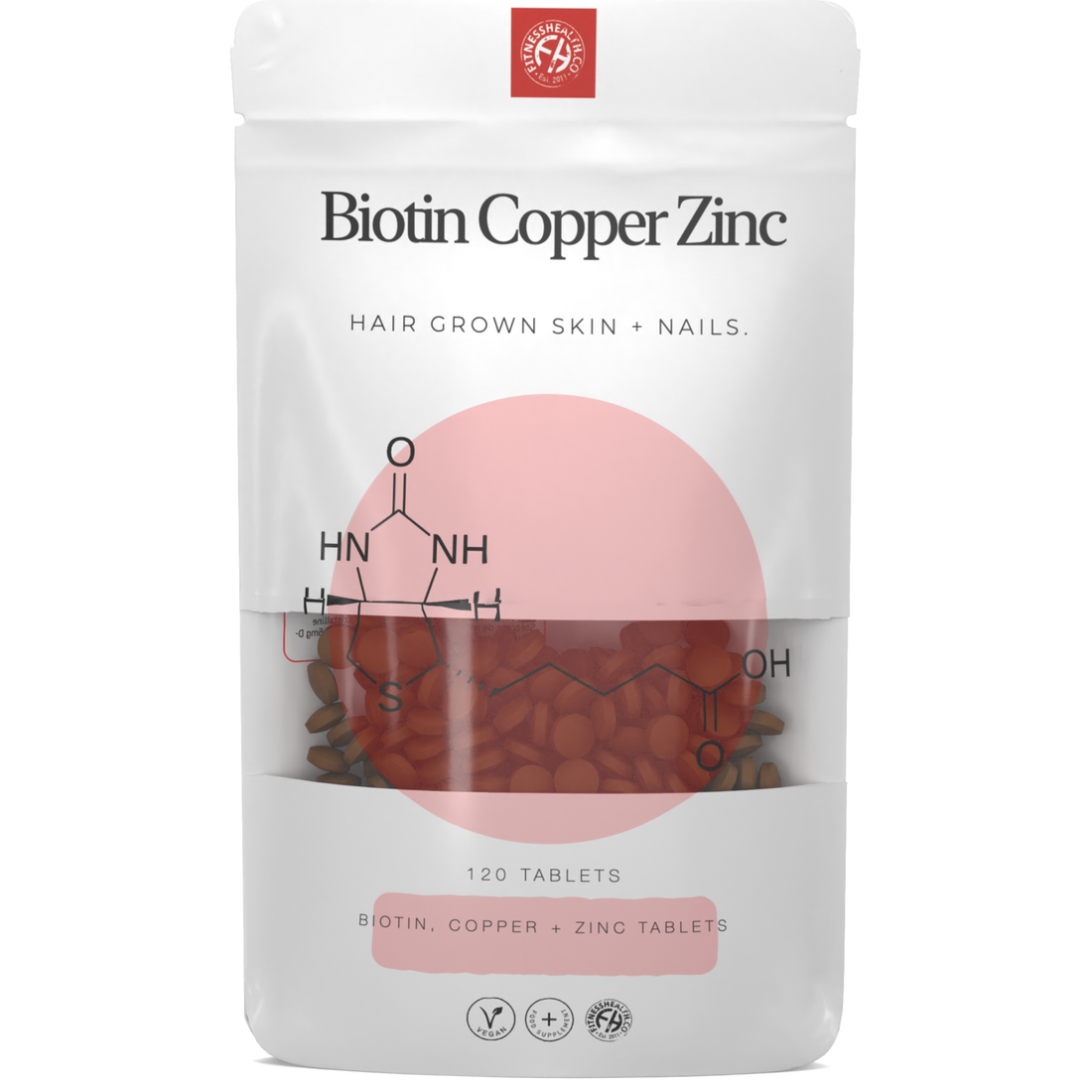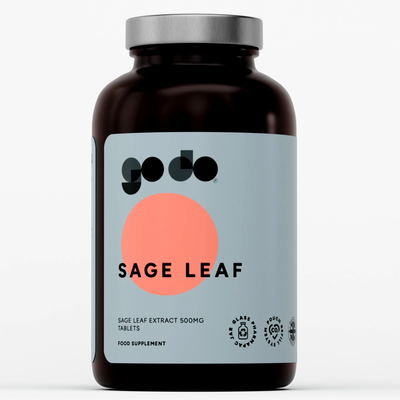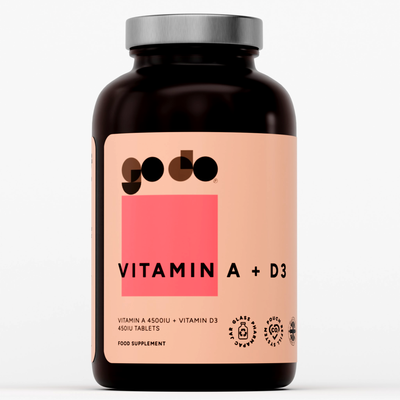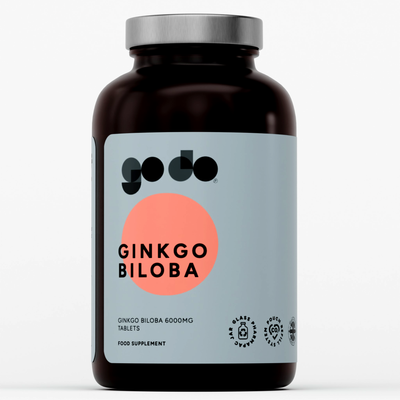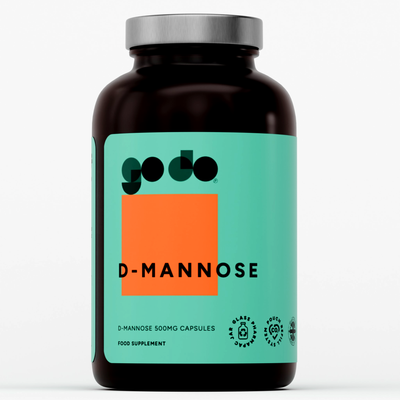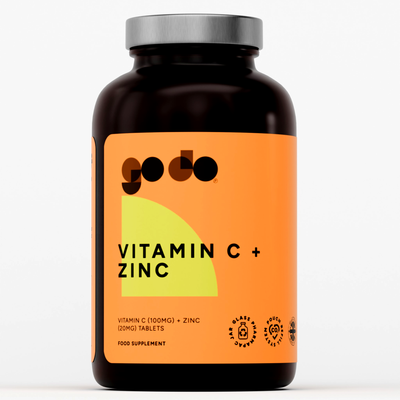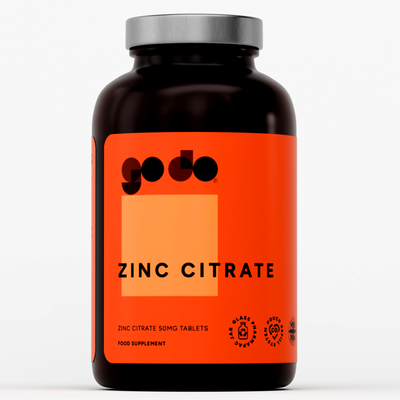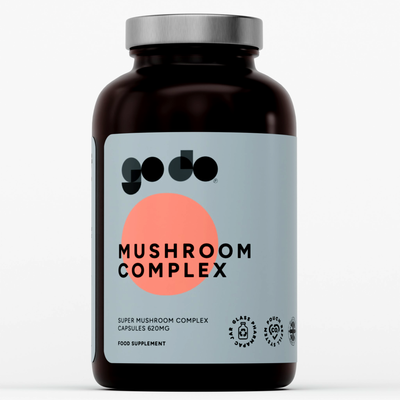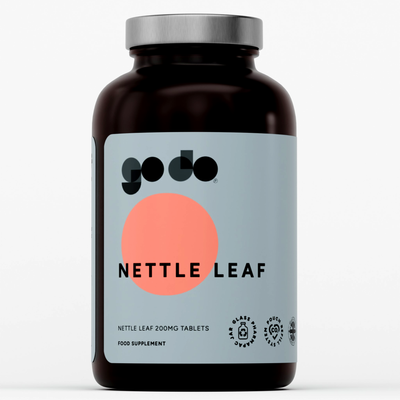The Health Benefits and Risks of Copper: What You Need to Know
Copper—the reddish-gold metal that has been part of human civilization for thousands of years—does far more than conduct electricity and make beautiful cookware. As an essential trace mineral, copper plays crucial roles in numerous bodily functions, from forming red blood cells to supporting immune health. Yet despite its importance, many people remain unaware of copper's significant contributions to human health or the potential risks of imbalance.
Copper in the Human Body
The adult human body contains approximately 80-120 mg of copper, distributed primarily in the brain, heart, liver, and kidneys. Though required in relatively small amounts compared to minerals like calcium or magnesium, copper's presence is absolutely essential for life.
Copper absorption occurs mainly in the small intestine, with absorption rates varying from 15-30% of ingested copper, depending on your existing copper status and other dietary factors. Once absorbed, copper binds to proteins in the bloodstream for transport to the liver, which regulates copper distribution throughout the body.
The Recommended Dietary Allowance (RDA) for copper is 900 micrograms (0.9 mg) daily for adults. This modest requirement can typically be met through a balanced diet that includes foods like:
- Shellfish (especially oysters and lobster)
- Organ meats (liver)
- Nuts and seeds (particularly cashews and sunflower seeds)
- Whole grains
- Legumes
- Dark chocolate
- Leafy greens
A single serving of many of these foods can provide a significant portion of your daily copper needs. For instance, just six medium oysters deliver over 400% of the RDA, while a quarter cup of cashews provides about 30%.
![]()
Essential Biological Functions of Copper
Copper's importance becomes evident when examining its wide-ranging biological roles:
Energy Production
Copper serves as a critical component of cytochrome c oxidase, an enzyme essential for cellular energy production. This enzyme facilitates the final step in the mitochondrial respiratory chain, where oxygen is converted to water, enabling ATP (adenosine triphosphate) synthesis—your body's primary energy currency. Without adequate copper, energy production becomes compromised at the cellular level.
Connective Tissue Formation
Copper plays a vital role in maintaining the strength and elasticity of connective tissues throughout your body. It does this primarily by activating lysyl oxidase, an enzyme necessary for cross-linking collagen and elastin—proteins that provide structural support and elasticity to blood vessels, bones, and skin.
Iron Metabolism and Red Blood Cell Formation
One of copper's most crucial functions involves iron metabolism. Copper-dependent enzymes like ceruloplasmin help convert iron from its ferrous (Fe²⁺) to ferric (Fe³⁺) state, allowing iron to bind with transferrin for transport throughout the body. This process is essential for hemoglobin synthesis and red blood cell formation. Without sufficient copper, iron metabolism becomes impaired, potentially leading to anemia despite adequate iron intake.
Antioxidant Defense
Copper forms an integral part of superoxide dismutase (SOD), one of your body's primary antioxidant enzymes. SOD helps neutralize superoxide radicals, protecting cells from oxidative damage. This antioxidant function makes copper essential for protecting cellular components, including DNA, from free radical damage.
Nervous System Support
In the brain and nervous system, copper contributes to myelin sheath formation—the protective coating around nerve fibers that enables efficient electrical impulse transmission. Additionally, copper participates in neurotransmitter synthesis and helps maintain proper neural function.
Key Health Benefits of Copper
Cardiovascular System Support
Research suggests that copper contributes to cardiovascular health through multiple mechanisms:
- Blood vessel integrity: Copper's role in collagen formation helps maintain the structural integrity of blood vessels, potentially reducing the risk of aneurysms and similar vascular issues.
- Heart function: Proper copper levels support cardiac muscle function and electrical conductivity in the heart.
- Cholesterol regulation: Some studies indicate that adequate copper status may help maintain healthy cholesterol levels, though more research is needed in this area.
A systematic review published in the American Journal of Clinical Nutrition found that extremely low copper intake may be associated with increased risk of cardiovascular disease, highlighting copper's importance for heart health.

Immune System Enhancement
Copper possesses several properties that support immune function:
- Antimicrobial activity: Copper surfaces have well-documented antimicrobial properties, which explains the increasing use of copper alloys in healthcare settings to reduce pathogen transmission.
- Immune cell function: Copper influences the development and activity of various immune cells, including neutrophils, monocytes, and lymphocytes.
- Inflammatory response regulation: Proper copper levels help modulate inflammatory responses, potentially reducing chronic inflammation when balanced appropriately.
Bone and Joint Health
Copper contributes to skeletal health through multiple pathways:
- Collagen cross-linking: By activating lysyl oxidase, copper ensures proper collagen structure in bone matrix.
- Bone mineralization: Copper plays a supportive role in the mineralization process that gives bones their strength.
- Joint function: Adequate copper levels may help maintain cartilage integrity and reduce inflammation in joints.
Some research suggests that copper complexes may have anti-inflammatory properties that could benefit individuals with inflammatory joint conditions, though more clinical studies are needed.
Brain Function and Neurological Health
In the central nervous system, copper:
- Facilitates neurotransmitter production and regulation
- Supports myelin sheath formation and maintenance
- May offer neuroprotective effects through its antioxidant properties
Research has noted correlations between copper imbalances and certain neurological conditions, though the relationships are complex and still being investigated. Both deficiency and excess copper appear potentially problematic for brain health, emphasizing the importance of balance.
Copper and Skin Health
Copper's role in skin health deserves special attention, as it's become increasingly incorporated into skincare products and treatments:
- Collagen and elastin production: Copper peptides have gained popularity in anti-aging skincare due to their ability to promote collagen and elastin production, potentially reducing the appearance of fine lines and improving skin elasticity.
- Wound healing: Copper plays an essential role in the wound healing process by promoting angiogenesis (new blood vessel formation) and supporting tissue remodeling.
- Antimicrobial protection: Copper's natural antimicrobial properties may help protect skin from certain infections.
While topical copper applications show promise for skin health, it's worth noting that maintaining proper internal copper levels through diet is equally important for overall skin appearance and function.
Copper Deficiency
True copper deficiency is relatively rare in developed countries but can occur under certain circumstances:
Common Causes of Deficiency
- Malabsorption conditions (celiac disease, short bowel syndrome)
- Excessive zinc supplementation (which competes with copper for absorption)
- Prolonged parenteral nutrition without adequate copper
- Gastric bypass surgery
- Severe malnutrition
Signs and Symptoms
Copper deficiency may manifest as:
- Fatigue and weakness
- Frequent infections
- Anemia that doesn't respond to iron supplementation
- Bone abnormalities
- Neurological symptoms (numbness, tingling, difficulty walking)
- Pale skin and premature gray hair
- Impaired growth in children
Testing and Diagnosis
Copper status can be assessed through:
- Serum copper measurement
- Ceruloplasmin levels (the main copper-carrying protein)
- 24-hour urine copper collection
- In some cases, liver biopsy (where copper is primarily stored)
If you suspect copper deficiency, proper testing under medical supervision is essential for accurate diagnosis and appropriate treatment.

Copper Supplements: Types and Considerations
For those who may require supplementation, several forms of copper are available:
- Copper gluconate: Generally well-absorbed and gentle on the stomach
- Copper sulfate: Less expensive but potentially more irritating to the digestive tract
- Copper bisglycinate: A chelated form that may offer superior absorption
- Copper oxide: Less bioavailable than other forms
Most multivitamins contain copper, typically in amounts ranging from 0.5 to 2 mg. Standalone copper supplements usually provide 1-5 mg per serving.
Supplementation might be considered in cases of:
- Documented deficiency (always under medical supervision)
- Certain malabsorption conditions
- Specific medical circumstances where needs are increased
However, due to the risks associated with excess copper, supplementation should never be undertaken without proper testing and medical guidance.
Copper Supplement Side Effects and Risks
While copper deficiency can cause serious health problems, excess copper carries its own risks:
Common Side Effects
Mild to moderate copper supplementation may cause:
- Nausea and digestive discomfort
- Metallic taste
- Headache
- Dizziness
Copper Toxicity
More serious concerns arise with copper toxicity, which can result from:
- Excessive supplementation
- Wilson's disease (a genetic disorder affecting copper excretion)
- Exposure to high environmental copper levels
- Certain liver conditions that impair copper metabolism
Symptoms of copper toxicity include:
- Abdominal pain and cramps
- Persistent nausea and vomiting
- Liver damage
- Neurological symptoms
- In severe cases, kidney failure
It's worth emphasizing that copper toxicity from dietary sources alone is extremely rare in otherwise healthy individuals. The body generally maintains tight regulation of copper levels when regulatory mechanisms function normally.
Drug Interactions
Copper may interact with:
- Zinc supplements (competitive absorption)
- Certain antibiotics (reduced absorption)
- Penicillamine (used to treat Wilson's disease)
- Non-steroidal anti-inflammatory drugs (NSAIDs)

Balancing Copper with Other Nutrients
The relationship between copper and other nutrients represents one of the most important considerations in maintaining proper mineral balance:
The Copper-Zinc Balance
Copper and zinc compete for absorption in the intestine. This relationship is so significant that excessive zinc supplementation (>50 mg daily over extended periods) ranks among the more common causes of copper deficiency in developed countries. Conversely, very high copper intake can impair zinc status.
Health professionals generally recommend maintaining a zinc-to-copper ratio between 8:1 and 15:1, though individual needs may vary.
Iron and Copper
The relationship between copper and iron highlights the interconnected nature of nutrient metabolism. Without adequate copper, iron metabolism becomes compromised, potentially resulting in anemia despite sufficient iron intake. This type of anemia often proves resistant to iron supplementation alone.
Achieving Proper Balance
For most people, a varied diet rich in whole foods provides appropriate amounts and ratios of these minerals. However, those taking mineral supplements should be aware of these interactions and avoid excessive supplementation of any single mineral without professional guidance.
Special Considerations
Wilson's Disease
Wilson's disease is a rare genetic disorder characterized by excessive copper accumulation in the liver, brain, and other tissues. People with this condition must follow copper-restricted diets and take medications that help remove excess copper from the body.
Pregnancy and Copper Needs
Copper requirements increase during pregnancy and lactation to support fetal development and milk production. The RDA increases to 1,000 mcg (1 mg) during pregnancy and 1,300 mcg (1.3 mg) during lactation. Prenatal vitamins typically provide appropriate amounts.
Aging and Copper Status
Some research suggests that copper absorption may decrease with age, while other studies indicate potential associations between altered copper status and age-related health concerns. While the relationship remains complex, maintaining proper copper balance appears increasingly important as we age.
Practical Applications
Incorporating Copper-Rich Foods
Rather than focusing on supplements, most people would benefit from ensuring adequate copper through dietary sources:
- Add shellfish to your diet 1-2 times weekly
- Include a variety of nuts and seeds in daily meals
- Incorporate legumes like chickpeas and lentils regularly
- Choose whole grains over refined options
- Enjoy dark chocolate in moderation (the higher the cocoa content, the more copper)
Copper Cookware
Quality copper cookware can contribute small amounts of copper to your diet, particularly when cooking acidic foods like tomato sauce. Well-tinned copper cookware is generally considered safe for most cooking applications, though modern copper pots typically include stainless steel linings to prevent excessive copper leaching.
Copper-Infused Products
Various products incorporating copper have entered the market, including:
- Compression garments for joint support
- Antimicrobial socks and clothing
- Wound dressings with copper compounds
While some of these applications show promise, particularly those leveraging copper's antimicrobial properties, scientific evidence varies significantly between products. Approach marketing claims with appropriate skepticism and research specific products thoroughly.
Conclusion
Copper stands as a perfect example of Paracelsus's ancient wisdom that "the dose makes the poison." This essential mineral plays vital roles in numerous bodily functions, from energy production to connective tissue formation and immune support. Yet balance remains critical—both deficiency and excess can cause serious health problems.
For most people, meeting copper needs through a balanced, varied diet rich in whole foods represents the best approach. This strategy naturally provides copper in appropriate amounts and ratios with other nutrients, helping maintain proper mineral balance.
Those with specific health conditions, absorption issues, or other special circumstances should work with healthcare providers to determine appropriate copper intake and monitoring. Supplementation, when necessary, should occur under proper medical supervision with regular assessment of copper status.
By understanding copper's essential roles in the body and maintaining appropriate intake, you can ensure this ancient metal continues to support your modern health needs.
